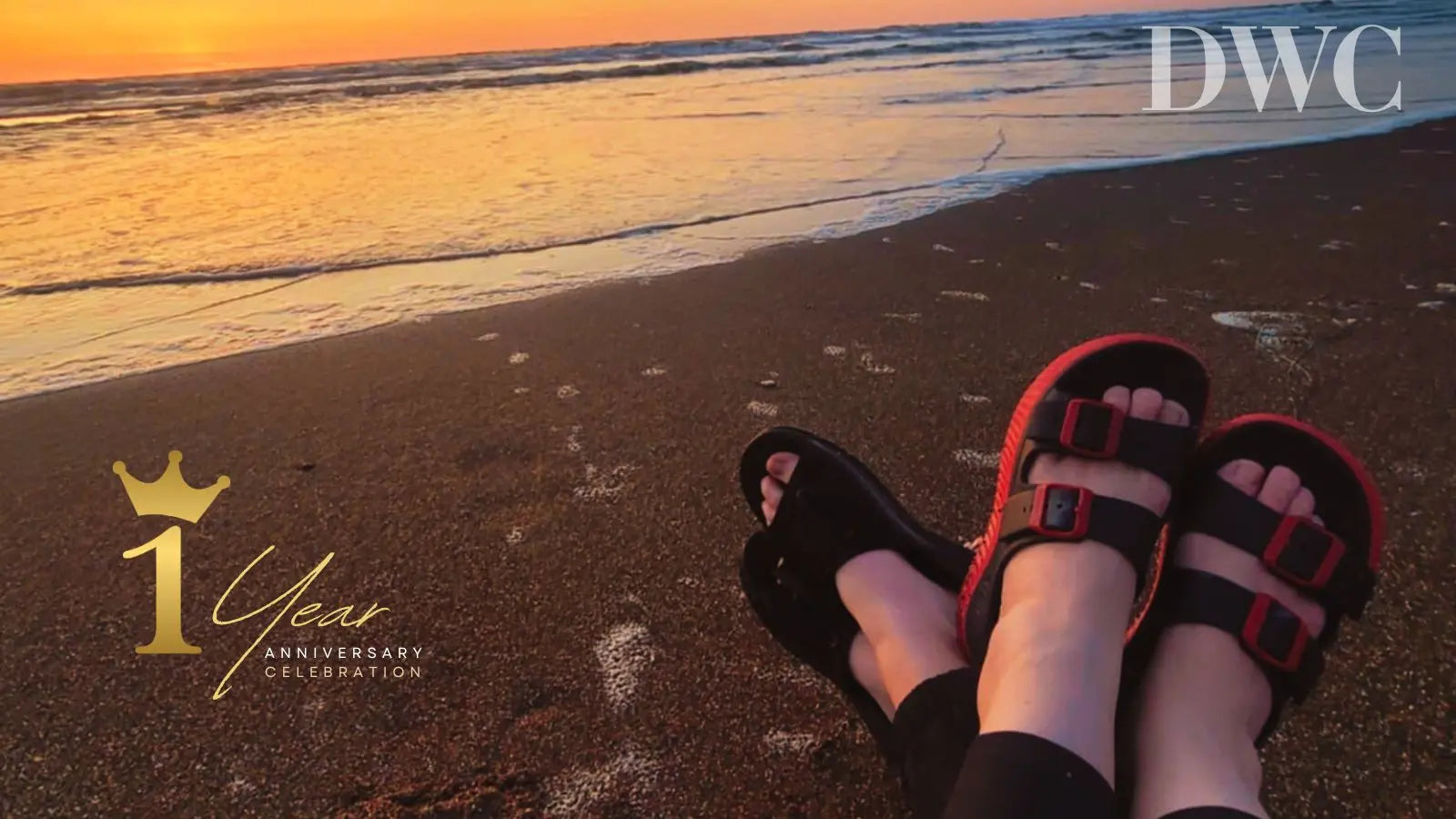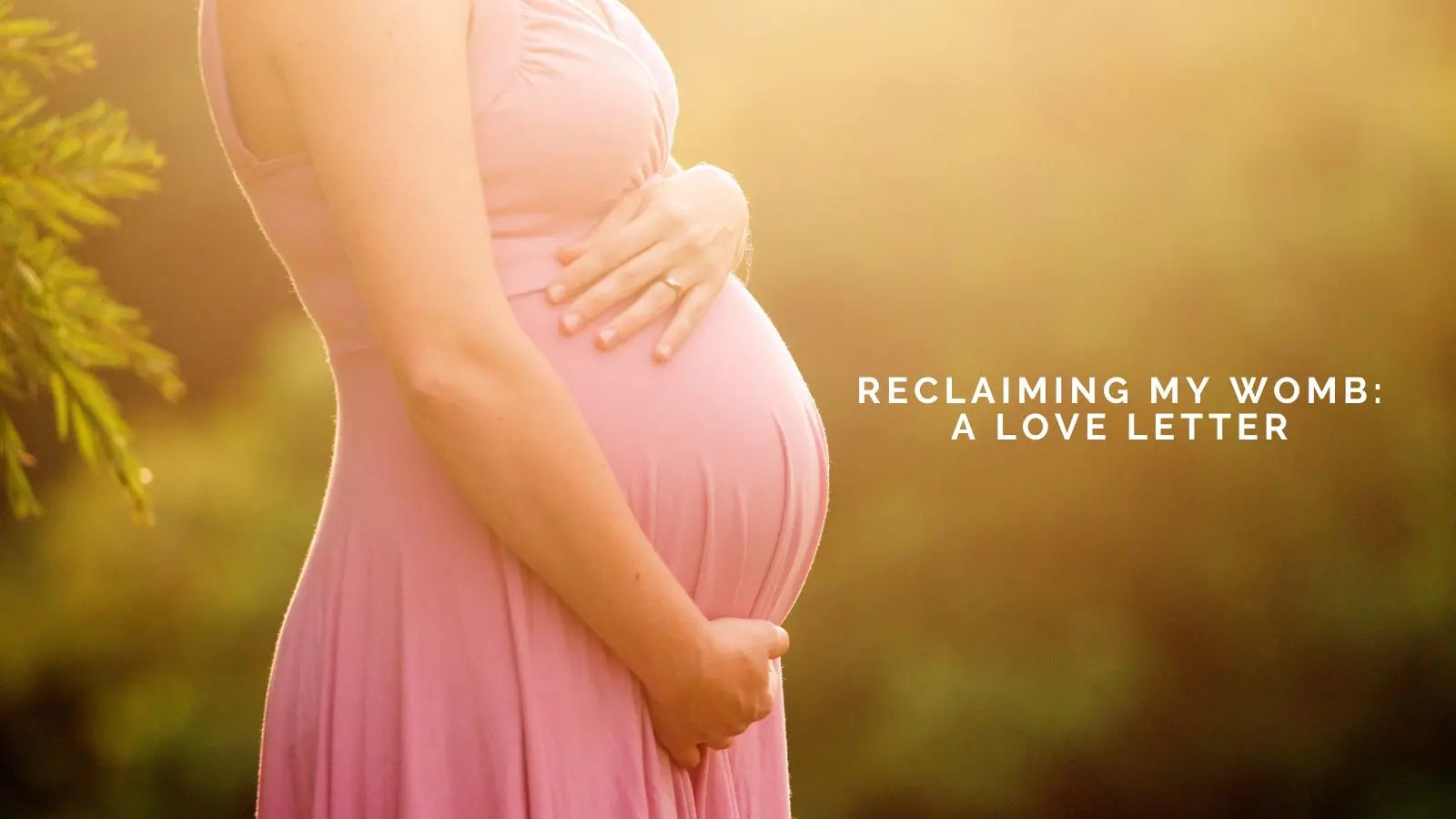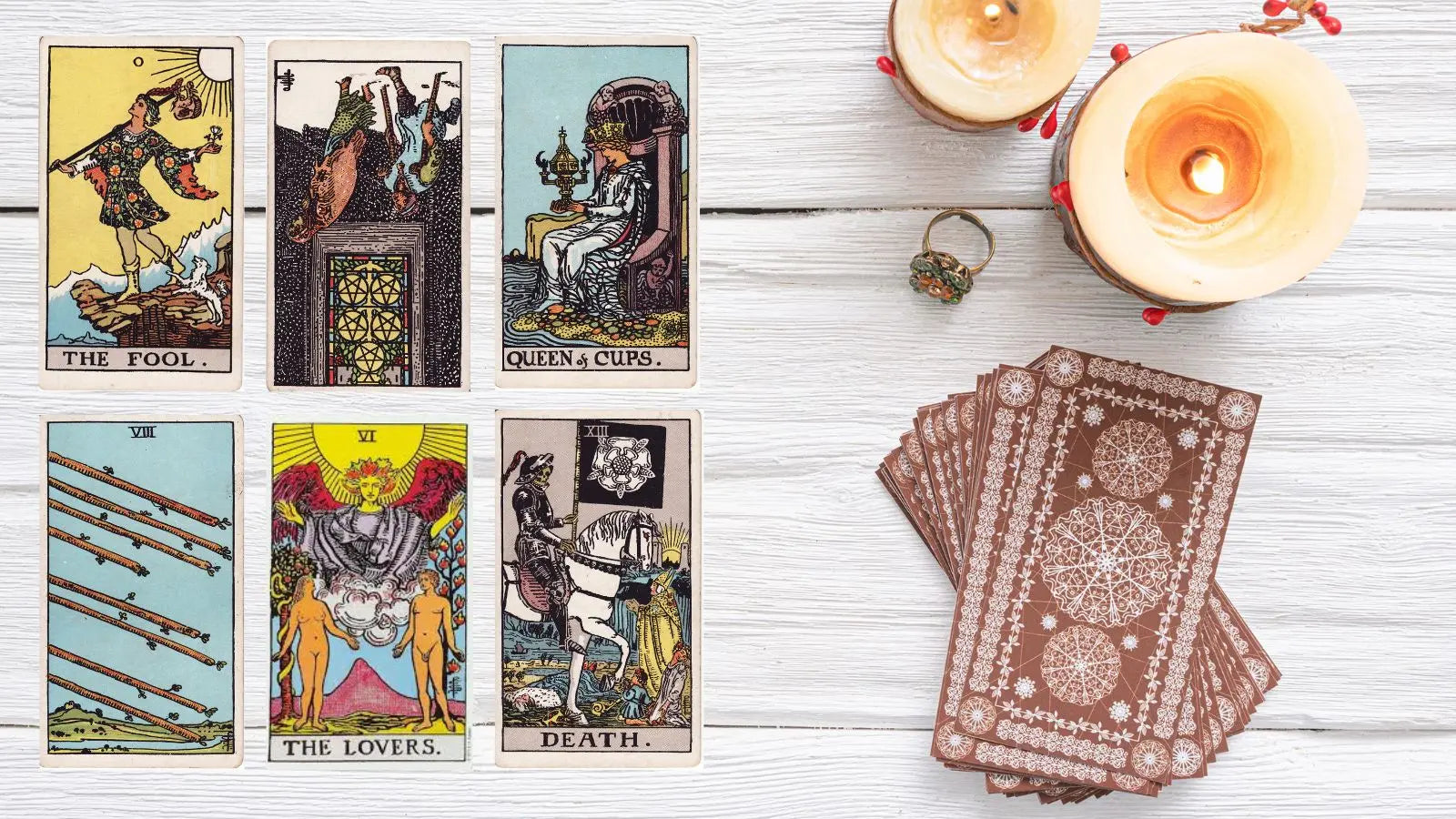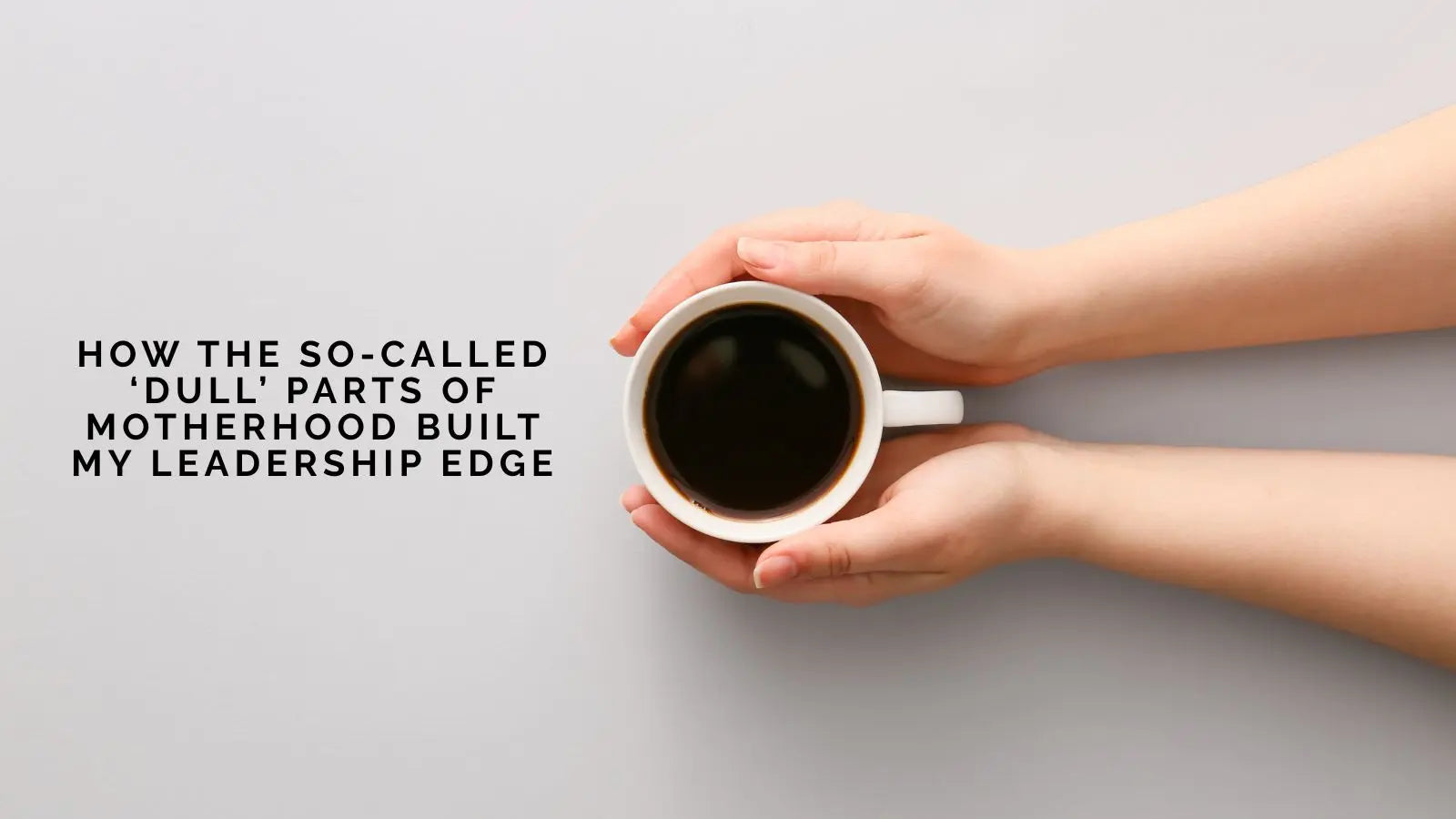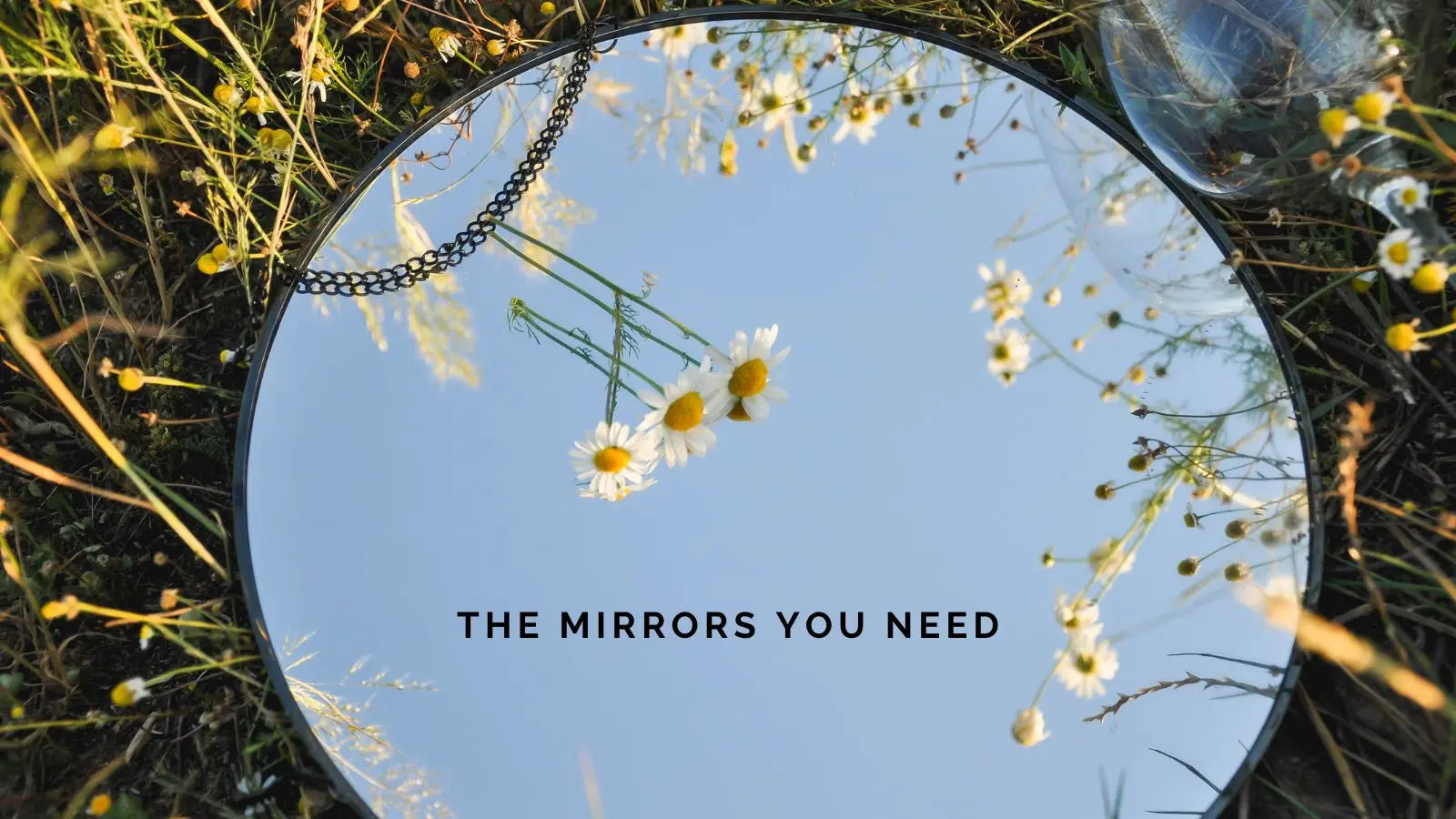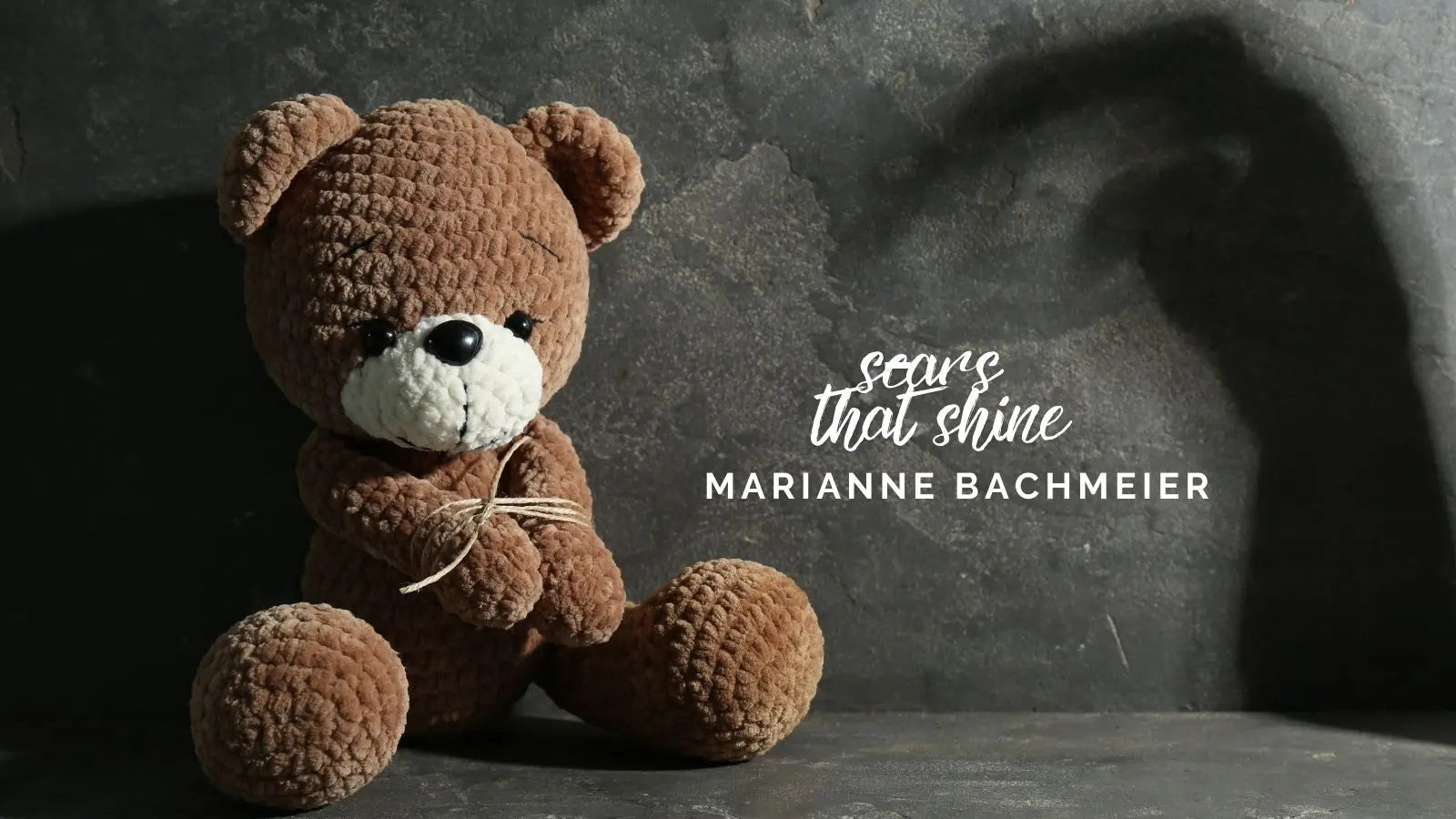
On March 6, 1981, a single gunshot echoed through a courtroom in Lübeck, West Germany—and with it, a wave of shock, grief, and moral complexity washed over the world. At the center of this moment was Marianne Bachmeier, a mother whose unbearable pain and raw heartbreak led her to do the unthinkable: take a loaded pistol from her purse and shoot the man who had murdered her 7-year-old daughter. But to fully understand what drove her to that point, we must look beyond the headlines and into the life of a woman who lived, suffered, broke, and ultimately tried to heal.
Marianne Bachmeier’s early life was marked by hardship long before the world knew her name. Born in Germany in 1950, she grew up during a time of post-war recovery, with a strained home life that sowed early seeds of rebellion. Her adolescence was turbulent, and by her early twenties, she was a single mother trying to provide a better life for her daughter, Anna. They lived in Lübeck, and by most accounts, Marianne was doing her best, working multiple jobs, and trying to make ends meet.
Anna was a bright and independent child. Marianne often described her as spirited and mature beyond her years. The bond between them was deep. Marianne had built her life around her daughter, clinging to that one constant joy despite the chaos that sometimes crept into their lives.
But in May of 1980, everything shattered.
On May 5, 1980, 7-year-old Anna Bachmeier stayed home after a disagreement with her mother. That decision, born from a child’s small act of rebellion, became a cruel twist of fate. Anna was kidnapped by Klaus Grabowski, a 35-year-old convicted pedophile who had previously served time for sexually abusing young girls. Despite being chemically castrated, he had undergone hormone treatment to reverse the procedure and had managed to avoid adequate supervision.
Grabowski held Anna captive for several hours before strangling her with his fiancée’s tights. He then placed her body in a box and left it by a canal. When police arrested him, he confessed to the crime.
Marianne’s world collapsed.
The grief of losing a child is indescribable. For Marianne, it was compounded by the failure of the system to protect her daughter from a man who should never have been free. Her sorrow festered into rage, into helplessness, into something dark and unrelenting. And as the court proceedings began the following year, something inside her snapped.
On the third day of Grabowski’s trial, Marianne smuggled a small pistol into the courtroom. Hidden in her handbag, it was a tool of retribution she likely never imagined herself holding. But that day, as she watched the man who had destroyed her life sit calmly across the room, something in her broke.
She pulled the gun and fired seven times. Six bullets struck Klaus Grabowski, killing him instantly.
Gasps erupted in the courtroom. For a brief moment, time seemed suspended. In that single act, Marianne Bachmeier went from grieving mother to vigilante, from victim to criminal. The public was stunned—but also divided.
Her arrest was immediate, and her story quickly spread around the world. Many empathized with her—who wouldn’t feel the primal urge to protect their child, to punish their child’s killer? Others saw her act as a dangerous undermining of justice, a slippery slope of vengeance.
At her trial in 1983, prosecutors argued that she had planned the murder. But her defense countered that she was temporarily insane, driven by the emotional trauma of her daughter’s death. The court convicted her of manslaughter and unlawful possession of a firearm, sentencing her to six years in prison. She served three.
Her case became one of the most controversial and emotionally charged in post-war Germany. For some, she was a tragic hero. For others, a symbol of how justice must never be personal, no matter how deep the pain.
After her release, Marianne sought distance—from the media, from her past, from the weight of public scrutiny. She eventually moved abroad, living in Nigeria with her second husband and later in the United Kingdom.
But peace never came easily. The emotional toll of Anna’s death and her own actions haunted her for decades. She reportedly struggled with guilt, depression, and the loss of trust in institutions. In later interviews, she admitted that the shooting did not bring the relief she had hoped for. "It wasn’t justice—it was desperation," she once said.
She later returned to Germany, living quietly and even studying psychology to better understand trauma and grief.
In 1990, she participated in a documentary about her life, speaking candidly about the act that defined her. She didn’t glorify what she had done. She didn’t ask for pity. She simply wanted people to understand the depth of pain that led her there.
In 1996, Marianne was diagnosed with cancer. She fought privately and passed away in 1996 at the age of 46.
Marianne Bachmeier's story is not one with a clear moral lesson. It is messy, human, and devastating.
Her act was against the law. It set a precedent that courts and societies cannot endorse without risking chaos. Yet it came from a place most people hope they will never have to understand. Her story forces us to sit in the discomfort between right and wrong, justice and revenge, love and fury.
She was not a hero. She was not a villain.
She was a mother.
A mother whose grief burned so hot, it consumed everything in its path—even justice itself.
Sometimes, the saddest stories are not about what happened—but about what could never be again.

